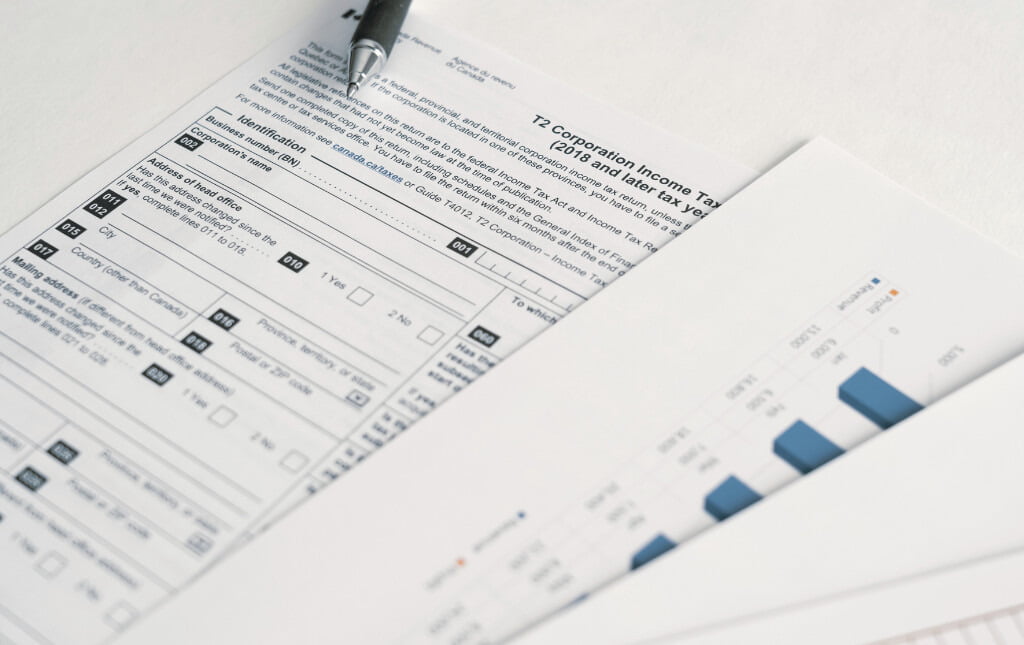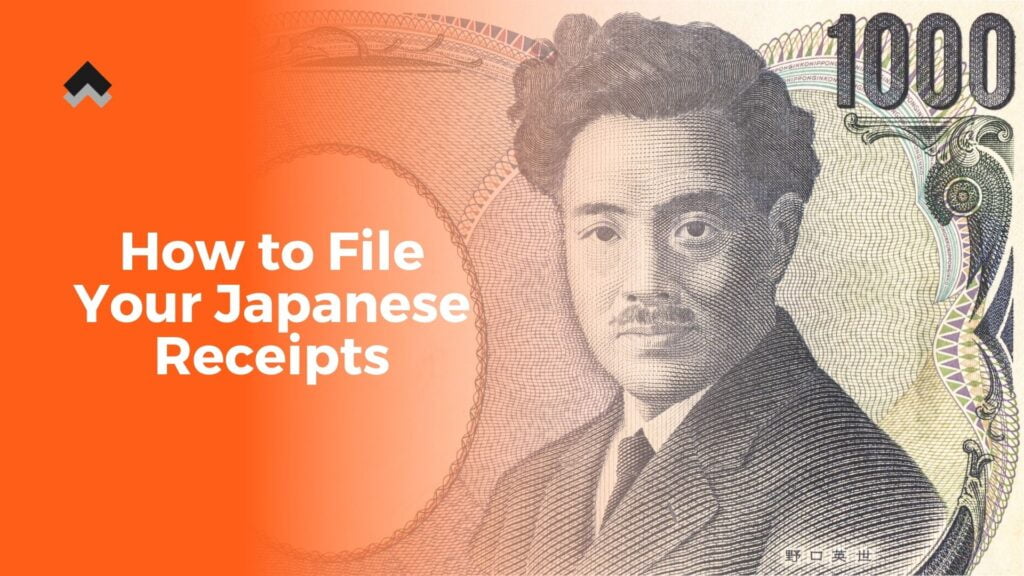To successfully start a business in Japan, it’s essential to have a deep understanding of local regulations to ensure compliance and a smooth entry into the market. Central to this is the Tax Identification Number (TIN), often referred to as the Corporate Number (法人番号 – hōjin bangō). This unique identifier is essential for business operations and is a foundation for various legal, financial, and administrative procedures. In this article, we’ll cover everything you need to know about the TIN so that you can confidently start your business in Japan.

What is a 法人番号 (Corporate Number) in Japan?
Tax Identification Number (TIN) or Corporate Number (法人番号 – hōjin bangō) is a unique 13-digit number assigned to every registered corporation by the Commissioner of the National Tax Agency (NTA) in Japan. This number is used for various administrative procedures, such as federal and local taxes, and becomes publicly available once it’s been assigned by the tax agency.
Corporate Number allows to:
- Easily access the information about the corporation, such as name and address
- Improve the efficiency of information management and administrative operations
- Ensure that there is a proper balance between payment and burden within administrative areas
- Reduce the paperwork for the companies
Why does it have a 13-digit format?
Those who already live in Japan may be familiar with a different form of TIN—Individual Number or “My Number” (マイナンバ – mainambā). This 12-digit number is assigned to Japanese residents under the Social Security and Tax Number System. Just as 法人番号 (hōjin bangō), “My Number” is used for social security and tax purposes; however, it has a limited range of use and cannot be used openly by anyone.
Corporate Number in Japan consists of 13 digits: a single check digit followed by a 12-digit base number (Company Number) issued by the Ministry of Justice. This single check digit is used for verification processes and calculated using this algorithm to minimize the risk of fraudulent activities and errors.
Who needs a 法人番号?
Corporate Number (法人番号 – hōjin bangō) will be automatically assigned to an entity by the NTA upon its incorporation and registration. This includes:
- Registered corporations
- National government organs
- Local public entities
- Other corporations and associations (including foreign corporations) that are required to file and pay corporate and consumption taxes, or those that need to withhold income tax
In addition, certain entities without juridical personality who meet the requirements can still be assigned a Corporate Number if they meet specific criteria; however, they must first notify the Commissioner of the NTA.
Who doesn’t need a 法人番号?
Because only one Corporate Number is designated to each corporation, it’s important to note that certain entities cannot be assigned one. These include:
- Branch offices
- Individual proprietors (個人事業 – kojin jigyo)
- Limited Liability Partnerships (合同会社 – godou kaisha)
- Certain associations (defined by the Civil Act)
If you’re unsure whether your business qualifies for a Corporate Number, we recommend reaching out to a tax accountant for guidance. Our article ‘Accounting services for startups Japan‘ has a list of trusted accounting firms that can support you with establishing your company’s Tax Identification Number in Japan.
Did you know that companies earning less than 10 million yen are exempt from paying sales tax?
However, you must notify the government of your tax status by submitting a “Notification of Taxable Enterprise Status for Consumption Tax” Form. While the process might sound straightforward, it involves careful preparation to ensure all details are correct and compliant with tax regulations. Mistakes or omissions can lead to you wasting 10+ hours while still having to pay the sales tax for the year.
We specialize in helping businesses like yours manage financial statements, file tax documents, and ensure compliance with all legal requirements. We can guide you through the process and take care of the paperwork while you focus on growth. Contact us for a free consultation.
Before you get your Corporate Number
Check if you’re eligible
Before you start thinking about getting a Corporate Number, let’s check if you meet the specified conditions. To be eligible for a 法人番号 (hōjin bangō) you must be:
- A person who submits tax returns in accordance with the national tax laws
- A person who is requested to provide a Corporate Number by someone who submits a tax return, by the national tax laws, as it is necessary for the information to be entered on the tax return
- A corporation with its head office or main office in Japan
If none of the above conditions apply to you, you won’t be eligible for a Corporate Number.
Prepare and submit a disclosure agreement
If you meet the conditions, you’ll need to fill out a “Notification to be Designated a Corporate Number and the Consent Form to the Publication of the Corporate Number or the like”. This can be downloaded from the National Tax Agency’s Corporate Number Publication Site.
Fill out the necessary information, such as the corporate classification, representative name, and date of establishment, and submit it to the NTA’s Corporate Number Management Office. If you decide to bring it to the National Tax Agency, the hours for submission are from 8:45–18:00, Monday to Friday, excluding public and New Year holidays.
Note: the disclosure agreement is only required for certain entities that haven’t automatically been assigned a TIN (Corporate Number) but meet the eligibility criteria.

3 Steps To Acquire Your Japanese Corporate Number
Getting your Japanese Corporate Number is way easier than it might seem at first! Here are the 3 simple steps that will get your 法人番号 (hōjin bangō) sorted:
1. Designate
Once you finish your company’s registration process at the Legal Affairs Bureau, the Commissioner at the National Tax Agency will automatically * assign your company a corporate number. If you’re unsure how to register your business, our incorporation article will be a good place to start with.
* Note that certain entities will first have to notify the Commissioner to get a Corporate Number. The best practice is to get in touch with a tax accountant or contact the NTA directly.
2. Publish
As soon as you get your 法人番号 (hōjin bangō), the following information about your entity will become available to the public:
- Name
- Business address
- Corporate Number
This information is published through the Corporate Number Publication Site and can be used freely by anyone. Any changes in the registered address or trade name will be updated in the revision history.
Some of the features of the NTA’s Publication site include:
- Being able to look up information about the corporation using its name, Corporate Number, or address
- Download corporate information in CSV and XML formats
- Directly extract corporate information from the enterprise system (web-API function)
3. Notify
About a week after your company’s registration, you’ll receive a Notification of Corporate Number either online or via paper mail from the Commissioner of the National Tax Agency. Usually, the notification will be delivered to your company’s registered address. However, some exceptions apply to:
- Corporations that used a one-stop incorporation service – the notification will be sent online via the same service
- Corporations without juridical personality but that submit statements according to the national tax laws – the notification will be sent to the address specified in the said statement
Final Thoughts
Even if you’ve already prepared your incorporation documents, registered your company at the Legal Affairs Bureau, and are now waiting for your 法人番号 (hōjin bangō) to be published, we encourage you to have professional legal and tax advisors assist you throughout this journey. This will help you avoid unnecessary delays and stay compliant with Japanese regulations. Once you get your Tax Identification Number, it’s worth investing time in learning about corporate taxes and ways to reduce them in Japan. With this knowledge, you’ll be able to make informed financial decisions, optimize your tax burden, and maximize your company’s profitability.


